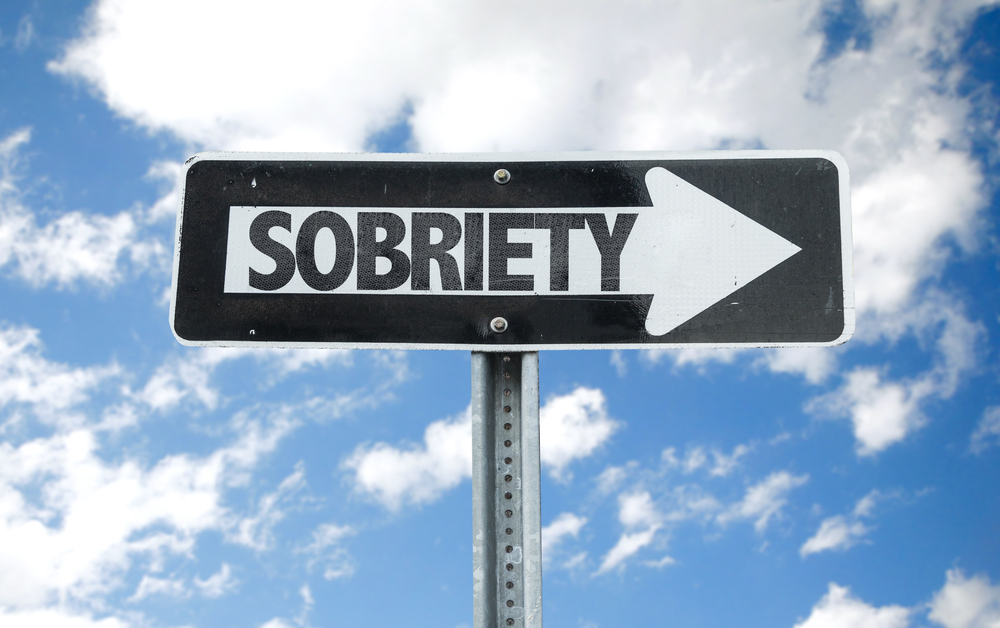Achieving sobriety is a commendable milestone, but the journey doesn’t end there. Staying sober can be an ongoing challenge, especially when confronted with triggers and cravings. These intense desires can be activated by various stimuli in your environment, bringing back memories of substance use and urging you to use again. Managing these triggers is essential for sustained recovery. Here’s a guide to help you navigate this terrain, ensuring your hard-won sobriety remains intact.
Understanding Triggers to Stay Sober
Triggers can be categorized into two primary types:
- External Triggers: These are people, places, things, or times of day that offer opportunities to use or remind you of drug use. For example, visiting a place where you once used drugs or being around people with whom you used to use can act as external triggers.
- Internal Triggers: These are emotions or thoughts that individuals associate with drug use, such as feeling stressed, depressed, or even happy.
Recognizing your unique triggers is the first step towards managing them.
Managing External Triggers
- Avoidance: Especially in early recovery, it might be helpful to stay away from known triggers. This could mean avoiding certain friends, places, or events.
- Change Your Environment: If specific locations remind you of your past use, consider rearranging your space or even relocating if possible.
- Build New Associations: If certain activities, like listening to specific music or visiting particular places, remind you of substance use, try to create new, sober memories with them.
Addressing Internal Triggers
- Mindfulness and Meditation: Grounding exercises can help you recognize an emotion as a mere feeling that will pass. Techniques such as deep breathing, meditation, or even a quick walk can help diffuse intense emotions.
- Seek Therapy: Cognitive Behavioral Therapy (CBT) can be especially effective. It helps individuals recognize negative thought patterns and provides tools to change them.
- Express Yourself: Talk about your feelings. Whether it’s with a trusted friend, family member, or support group, discussing your emotions can diminish their power.
General Strategies for Both Types of Triggers
Stay Connected: Engage with your support system regularly. This could be 12-step meetings, support groups, or sober friends and family.
Practice Self-Care: Engaging in activities that promote your well-being can counteract the desire to use. This could be exercise, reading, hobbies, or simply getting adequate sleep.
Develop a Response Plan: Have a plan in place for when you encounter a trigger. This might involve calling a friend, engaging in a distracting activity, or practicing grounding exercises.
Celebrate Your Milestones: Recognize your achievements in staying sober, no matter how small. Each day, week, or month of sobriety is worth celebrating.
Educate Yourself: The more you understand about addiction, the better equipped you’ll be to manage your triggers. Consider attending workshops, reading books, or taking courses on addiction and recovery.
Remember the Consequences: Remind yourself of the negative consequences that resulted from your substance use. This can act as a deterrent when faced with cravings.
Conclusion
Managing triggers and cravings is an ongoing part of the recovery journey. While the intensity might diminish over time, it’s essential to have strategies in place to handle them. Remember, every time you successfully manage a trigger, you’re strengthening your resolve and commitment to sobriety. Embrace the challenge, seek support, and believe in your capacity to lead a fulfilling, sober life.
As you navigate the path ahead, remember that setbacks are not synonymous with failure; they are opportunities to learn and reinforce your resolve. Surround yourself with a supportive network, whether it be through friends, family, or fellow individuals on a similar journey. Seek professional guidance when needed and never underestimate the power of self-reflection.
Celebrate your victories, both big and small, and acknowledge the progress you’ve made. Sobriety is a continuous process, and each day offers a chance for renewal and self-improvement. Embrace the newfound clarity, strength, and purpose that a sober life brings, and let it serve as a source of inspiration for others on their own paths to recovery.
In the pursuit of lasting sobriety, remember that you are not alone. The resilience you’ve discovered within yourself is a beacon of hope, illuminating the way for a brighter, healthier future. Stay committed, stay strong, and know that the rewards of a sober life are immeasurable.
Do you or someone you know struggle with alcohol abuse? Take our self-assessment to see if Renew Health is the right clinic for you.


